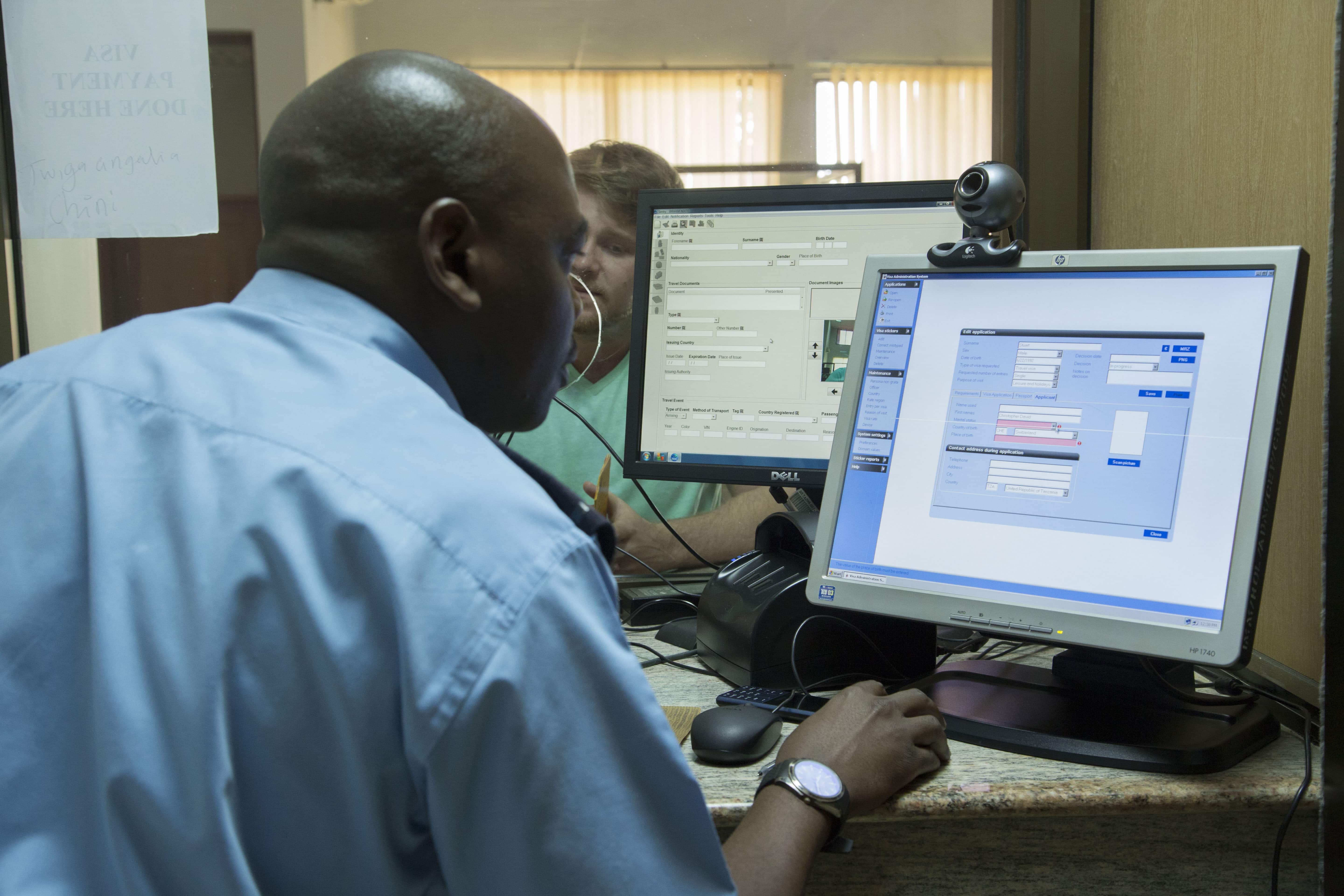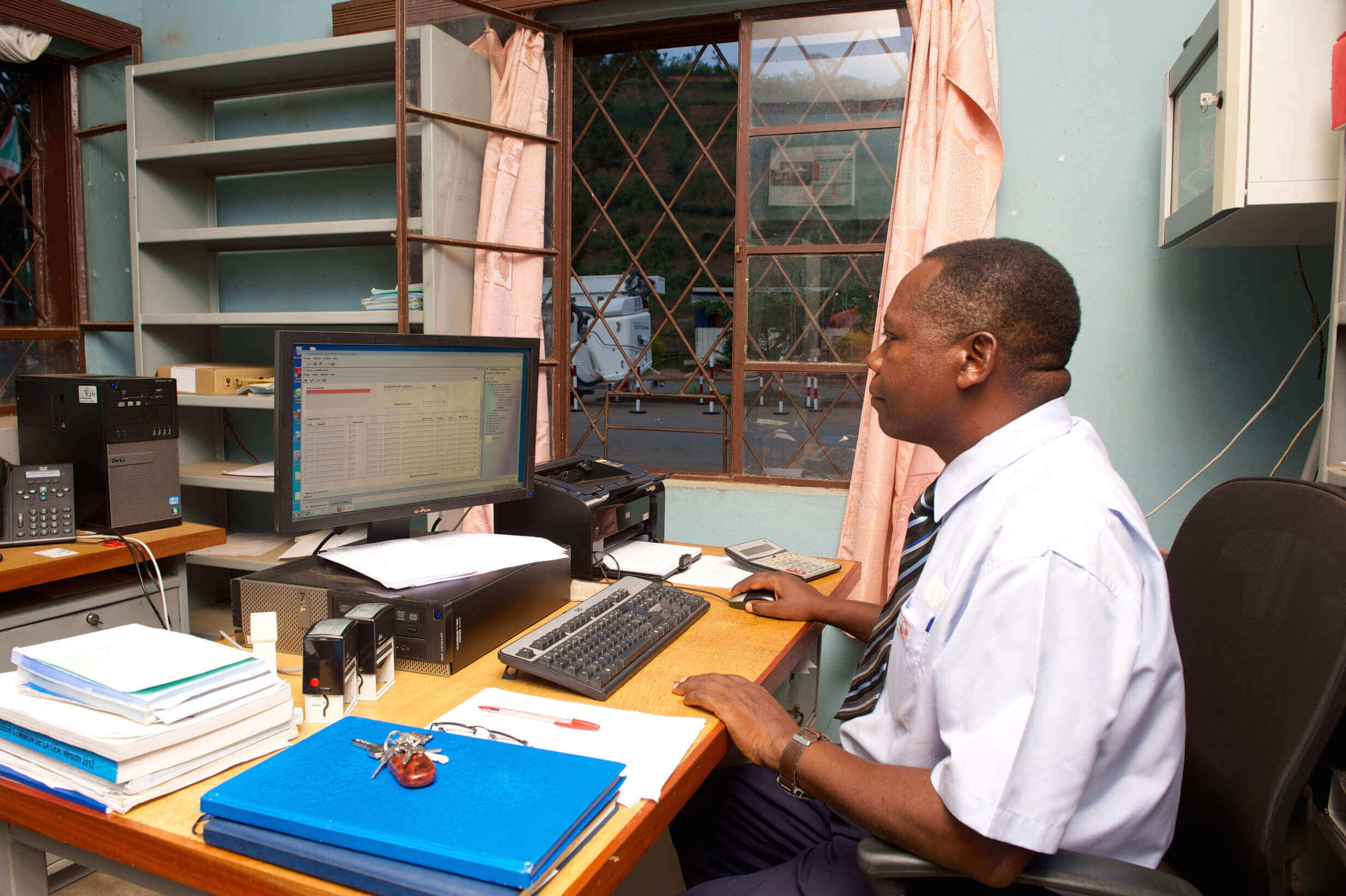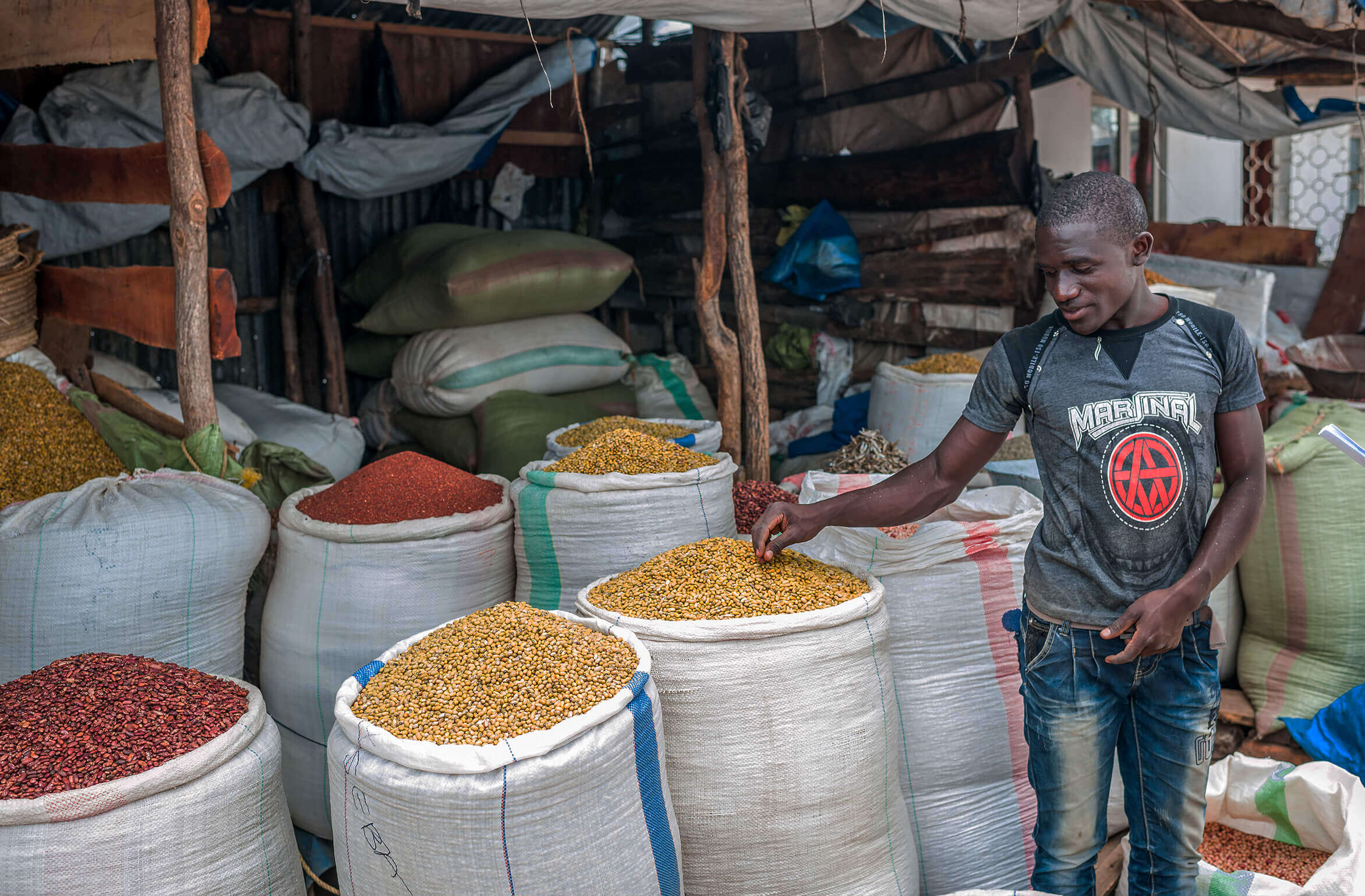[vc_row][vc_column][custom_inner_menus select_menu="project"][/vc_column][/vc_row][vc_row][vc_column][single_project_block_1 heading="Elimination Of NTBs (Strategy 2)" implementor="The National Trade Facilitation Committees, The EAC Secretariat, Ministries of Trade, Private Sector business member organizations, Private firms, Border agencies, The Northern and Central Corridor Authorities, Media, Donor organisations with similar programmes in the region e.g. African Development Bank and USAID." target_group="Public and private sector institutions" project_value="US$ 4,120,000" implementation_period="September 2018 - July 2022 Updated February 2020" download_btn_text="Download Project PDF" download_btn_link="#url"]Implementation of TMA Strategy 1 interventions focused on the identification, monitoring, reporting and elimination of NTBs, capacity building of the National Monitoring Committees (NMCs) at the national level, and supported businesses to report NTBs faster by using mobile based applications, specifically the short message systems (SMS). Despite making inroads in the region, there is room for improvement in terms of a more streamlined real-time framework for the identification, monitoring and elimination of NTBs in the region, more deliberate public private dialogue with the aim of tackling the root causes of NTBs. What: Considering success and challenges of the Strategy I interventions aimed at eliminating Non-Tariff Barriers in the EAC region. Strategy II TMA Investment in elimination of NTBS aims to establish a more coordinated process of NTB identification, monitoring and elimination while using more effective delivery channels and better integration with other TMA programmes in the EAC How: The Non-Tariff Barriers programme will focus on two broad areas: Strengthened institutional capacity to effectively respond to and resolve NTBs. Improved cooperation and dialogue in the resolution of existing NTBs. Contact: Mary Odongo, Email: [email protected][/single_project_block_1][/vc_column][/vc_row][vc_row el_id="desired-result"][vc_column][single_project_block_2...
Elimination Of NTBs (Strategy 2)
Posted on: February 26, 2020
Posted on: February 26, 2020





















